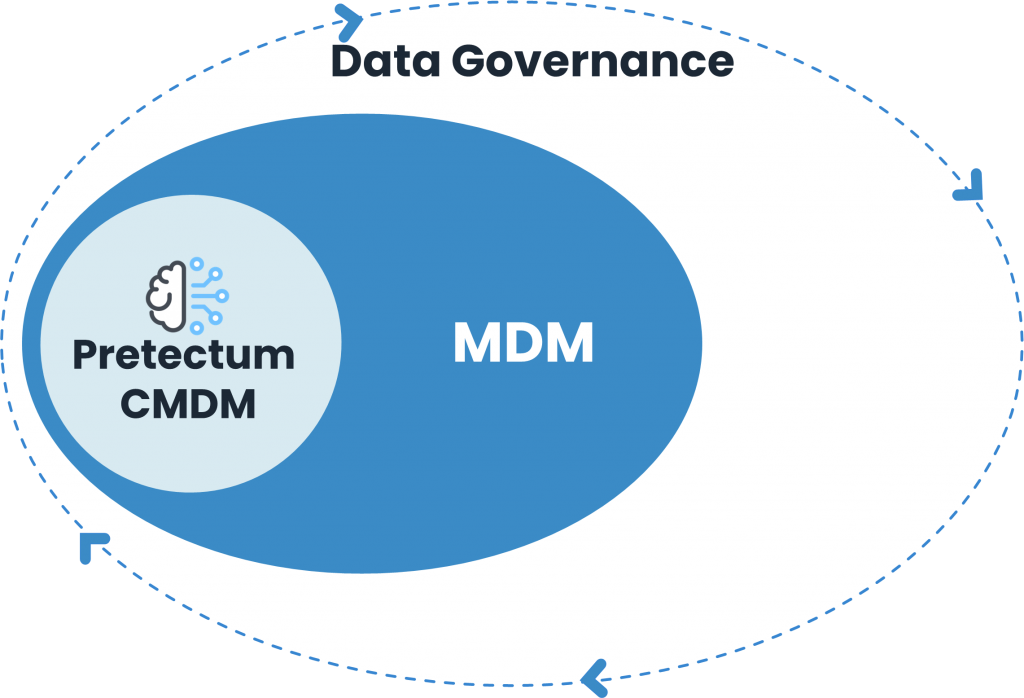There will be very few organizations that don’t have customers as part of their overall data landscape. For those who think that customer data is not that important, it is likely that they are either in a segment where they have tight integration with their customer(s) or where they actually think of customers as something else.
Several industries often ignore the importance of the customer. This in itself either presents or has started to present issues for those sectors with consumers in particular now having much more choices. Among them, are healthcare, banking, legal, telecoms, and insurance.
According to Hubspot, the expectations for better customer service experiences are increasing with almost all customer service professionals agreeing that customers today have higher expectations than ever before. It is so focal that many companies now formally track customer satisfaction (CSAT), review sites and even engage in NPS surveys
Deloitte offers up the perspective that “Contrary to conventional wisdom, there’s been no fundamental rewiring of the consumer. The modern consumer is a construct of growing economic pressure and increasing competitive options.” This perspective was already viewed as true ahead of the COVID-19 pandemic. At the time of the article, Deloitte had already concluded a year-long study to go beyond the proverbial news headlines to establish more profound observations about consumers than the media hype was suggesting.
One of the big shakeups for retail, in particular, has been the emergence of increased D2C.
D2C, an acronym for Direct-to-consumer or Direct2Consumer, is a type of business-to-consumer (B2C) retail sales strategy that has existed for a long time. Factory outlets might come to mind, but in reality, it is so much more.
D2C is a commercial model where a business will build, market, sell and ship products directly to customers. For manufacturers who previously only engaged in B2B where they were selling wholesale to commercial retailers, this means that they have spawned new retail channels which in some instances involved running eCommerce or eShop sites and gathering and maintaining consumer data.
Flipping the narrative
When one considers data governance, it is framed as typically a collection of processes, people assignments (roles), policies, standards, tools and metrics that describe the management processes for data.
When you consider this in the context of the customer master, this is typically focused on the internal standards and data collection and handling policies that might explicitly describe how data is gathered, stored, processed, and disposed of.
More data governance principle-based considerations are around customer master data availability, usability, integrity and security. In the end, the most important aspects are knowing where your data is, how it’s being utilized, and whether or not it’s adequately protected. A comprehensive approach to data governance would provide assurances on the effective and efficient use of customer information.

Master data management (MDM) as a practice, includes processes from the request for the creation of master data all the way through to retirement or disposal. Customer master data management (CMDM) sits as a sub-element within the MDM practice and is governed by the data governance program.
An optimal data governance program “creates the rules and adjudication of the operational processes that are executed within those processes. Therefore, Data Governance does not sit as a separate process” according to Frank Cerwin, President and Managing Principal of Data Mastery Inc and quoted in a Dataversity piece on this very topic.
This is Pretectum’s view on the approach also and it is one of the reasons that the Pretectum approach to CMDM has you start with the definition of the customer through schema definition, the assignment of roles and access via technical objects.
Contact us to learn more about how Pretectum can help with your customer data governance initiative.


